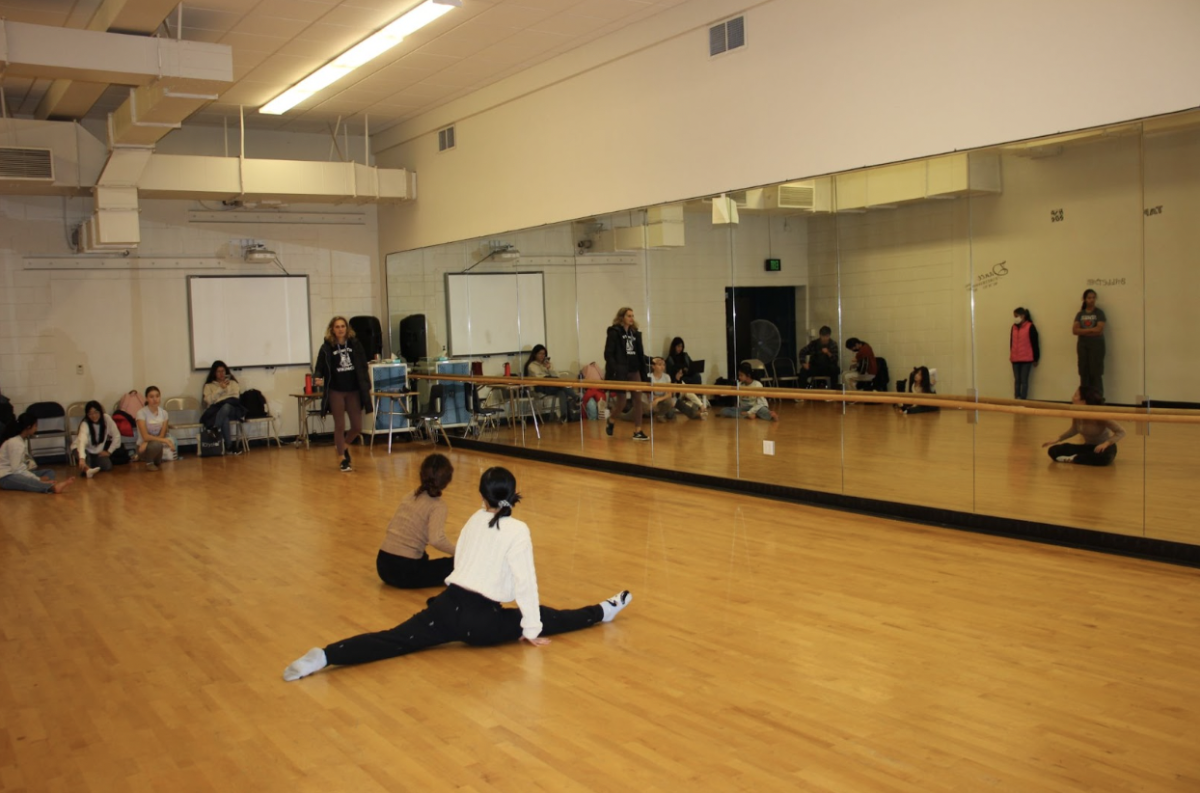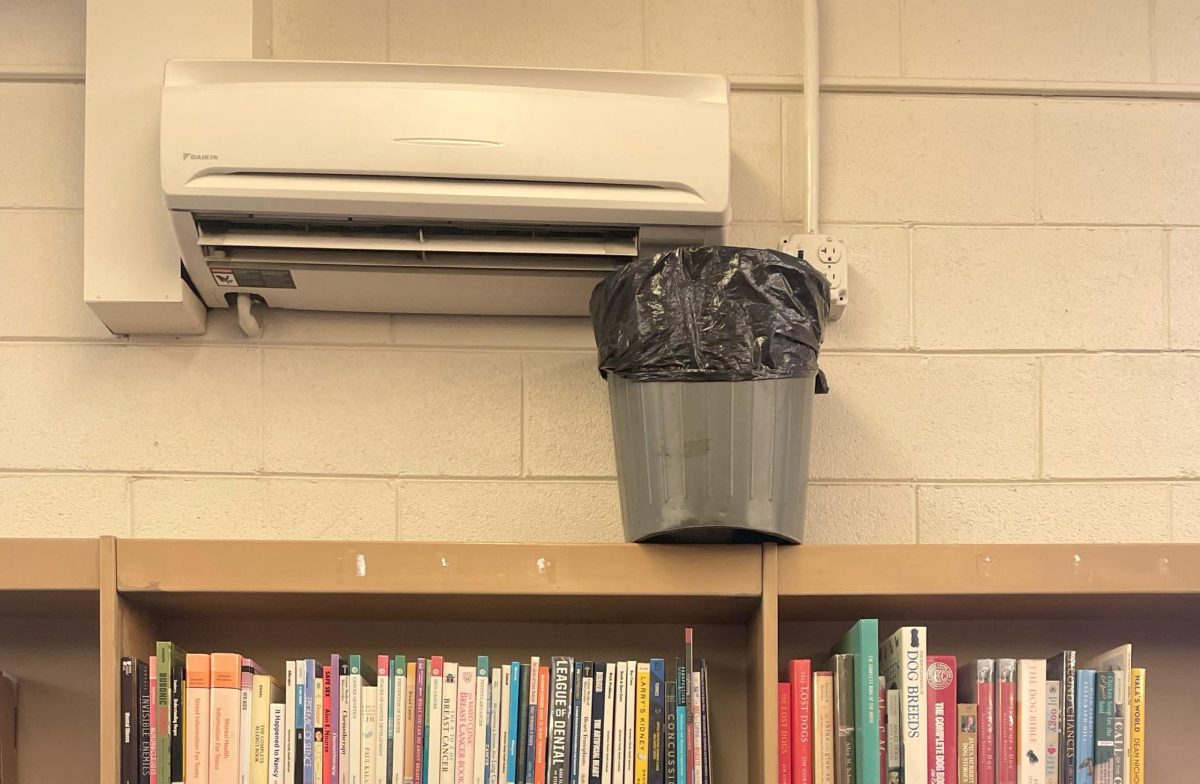Oh the Places We’ll Go…if We Get the Classes We Want
October 10, 2017
Undoubtedly, Irvington has many students who feel stressed. In order to alleviate the pressure, Irvington’s administration recommends that students only take 2 accelerated courses, which includes both honors and AP classes, in order to reduce stress and encourage students’ well-being. However, this recommendation essentially limits the accessibility and availability of advanced placement courses. Additionally, the administration’s reasoning is misguided because most honors classes shouldn’t be counted as accelerated courses, and the recommendation of only 2 accelerated courses is demotivating and counterproductive .
The rationale is that the limitation of 2 accelerated courses will motivate students to have a well-rounded life, including sports, clubs, and other activities, explains counsellor Mrs. Velazco. While the motive might be justified, the fact is that students don’t have a huge workload with just 2 courses, especially if they are honors classes. The administration explains that honors courses have just as much rigor as AP courses, but the prerequisite alone exemplifies that honors classes are not as difficult. For instance, the requirement to get into an honors class is simply a B or higher in a college prep class. Given these lenient guidelines and the fact that teachers tend to adjust classes based on their students, honors classes sometimes aren’t as punctilious or demanding as AP courses. AP courses, on the other hand, require an B+ or higher in an honors class and a counsellor recommendation. Additionally, teachers have no choice but to maintain the rigor due to the college-level exam in May. Thus, even if honors classes require time and effort, they are ultimately uncomparable to AP courses. This means that the recommendation of 2 accelerated courses is misguided because it includes honors courses.
Additionally, the policy seems irresponsible because it actually increases pressure. For instance, a student who is interested in taking accelerated courses has the mindset to take a certain number of AP, Honors, or other accelerated courses by the time they finish their junior year. The normal recommendation of 2 accelerated courses per year becomes more flexible during student’s junior year, as counsellors understand students’ goals and overall pressure to succeed. However, if students are restricted from taking accelerated courses in their freshman and sophomore years, they rectify by packing on 3 times as many classes in their junior year in order to offset the setbacks of the earlier years.
Another problem is with the accessibility of AP courses, especially for sophomores. For many, 10th grade serves as a transition between the naiveté of freshman year and the intensity of junior year and allows the student to really see their potential and ability to handle rigor. Counsellors attest that there are no restrictions constraining students from taking several AP classes. However, for sophomores, the only available courses are AP Biology and Advanced Language courses, according to Mrs. Velazco. The problem with the limited amount of AP classes available to sophomores is that it demotivates the students interested in different subjects. A student interested in seeing their potential in World History by taking the AP equivalent won’t be able to. While students do take classes that aren’t in the fields they are interested in, it would be more beneficial to have a variety of options available to allow flexibility.
Overall, the system of moderating accelerated courses is fallacious, limiting, and ineffective. A more effective policy would be to evaluate each student individually and increase the amounts of AP courses available to students, especially in their sophomore year.



















